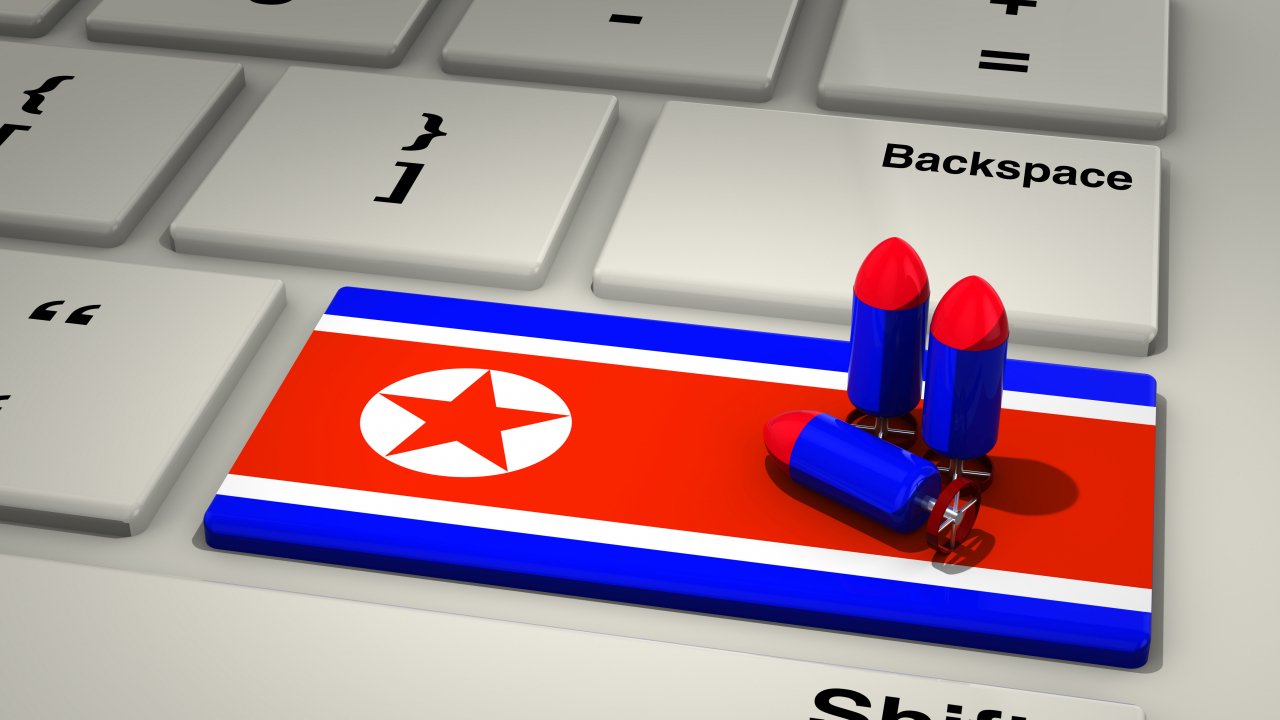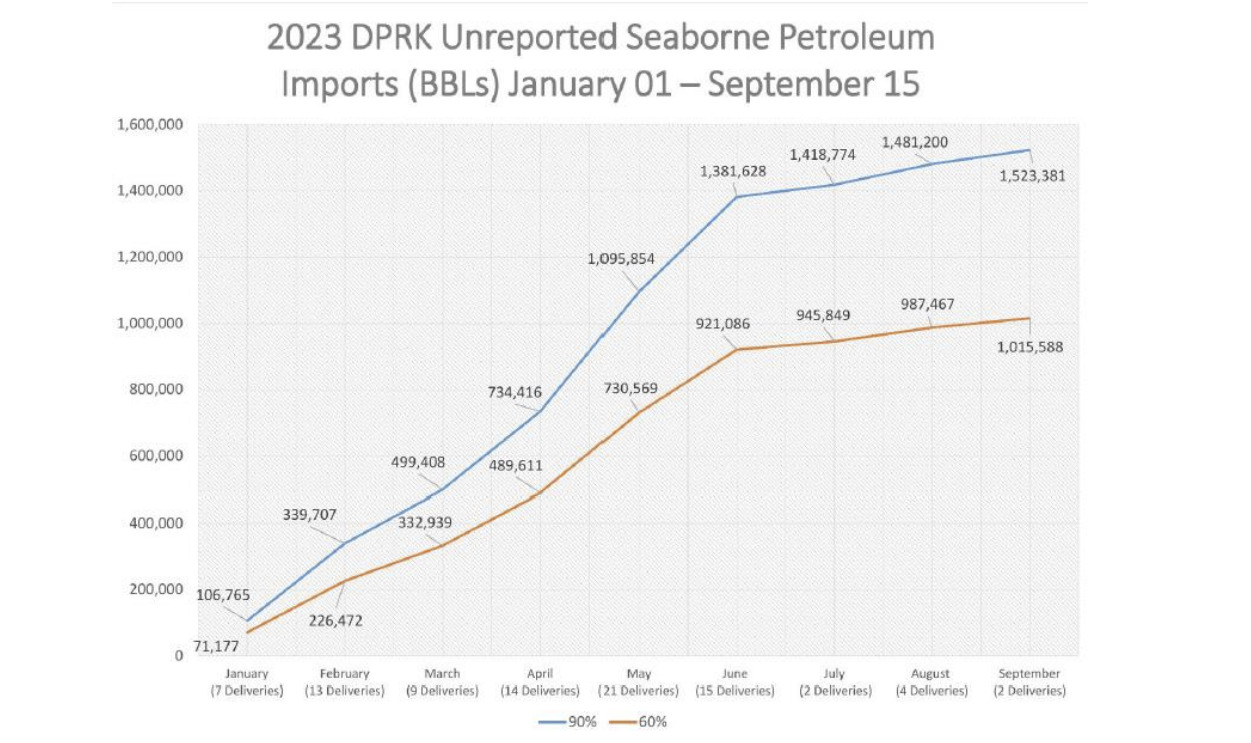 |
(123rf) |
North Korea is suspected of pocketing $750 million in cryptocurrency just last year, with profits from illicit cyber activities purportedly accounting for 40 percent of financing for the country's prohibited weapons of mass destruction programs, according to a report by the UN Panel of Experts.
The final annual report released Wednesday stated that during the reporting period from July 2023 to January of this year, North Korea's cyber threat actors continued to target the virtual asset industry as a means to circumvent UN sanctions and generate revenue.
The UN Panel of Experts monitors the implementation of UN Security Council resolutions and issues biannual reports, including a final report and a midterm report in the first and second halves of the year, respectively.
"The malicious cyber activities of the Democratic People’s Republic of Korea generate approximately 50 percent of its foreign currency income and are used to fund its weapons programs," the report read, referring to North Korea by its official name.
The report also added, "40 percent of the weapons of mass destruction programs of the Democratic People’s Republic of Korea are funded by illicit cyber means."
The panel is presently probing 17 cryptocurrency heists that occurred in 2023, suspected to be associated with North Korea, totaling more than $750 million in value.
The panel is additionally investigating a total of 58 suspected cyberattacks attributed to North Korea, targeting cryptocurrency-related companies between 2017 and 2023. These attacks are estimated to have a combined value of approximately $3 billion.
"The high volume of cyberattacks by hacking groups subordinate to the Reconnaissance General Bureau reportedly continued. Trends include targeting defense companies and supply chains and, increasingly, sharing infrastructure and tools," the report read.
The RGB is North Korea’s primary intelligence agency responsible for overseas operations.
The report also pointed out that North Korean information technology workers continue to work abroad, "resulting in significant financial gains for the country."
Overseas IT workers earn between $15,000 to $60,000 monthly, according to the report. However, they are permitted to retain "only a small percentage of their earnings," with the majority being seized by their dispatching agency and often utilized to procure goods for North Korea.
North Korea sustains its operation of restaurants in at least five countries, including China, Laos and Russia, as a means of illicitly generating earnings through the deployment of workers.
"These restaurants reportedly generate $700 million in revenue for the Democratic People’s Republic of Korea annually, hire that country’s workers, launder money for the country and are often operated by RGB (KPe.028) agents," the report read.
The report said the panel is investigating potential instances of North Korean workers being employed by 81 joint ventures between North Korea and Russia, as well as 42 North Korean companies registered in Russia.
The report further disclosed that 55 UN member states, including South Korea and the US, highlighted North Korea's breach of the UN-mandated annual import cap of 500,000 barrels on refined petroleum products. The member states urged action in a collective letter addressed to the 1718 Sanctions Committee in November last year.
In the letter, the 55 members noted that North Korea-registered tankers conducted 87 deliveries of refined oil products to ports including Nampo, Hungnam, Chonjin, and Songnim between Jan. 1 and Sept. 15, 2023. If fully loaded at 90 percent of their deadweight tonnage, the vessels would have delivered 1,523,381 barrels of refined petroleum products. Alternatively, at 60 percent capacity, they would have delivered 1,015,588 barrels.
However, China and Russia "disagreed with the proposal that the Committee take action on the grounds of a lack of solid evidence for the conclusions" that the annual limit of refined petroleum has been exceeded, according to the UN report.
South Korea's deputy nuclear envoy Lee Joon-il and US Senior Official for North Korea Jung Pak agreed to launch a new working-level consultation body to address North Korea's oil smuggling during their Thursday phone call, according to the Foreign Ministry in Seoul.
 |
North Korea's undisclosed oil imports from January 1 to September 15, 2023, were revealed by 55 UN member states in their joint letter to the 1718 Committee last November. (Graph sourced from the final report of the UN Panel of Experts) |







![[Today’s K-pop] Blackpink’s Jennie, Lisa invited to Coachella as solo acts](http://res.heraldm.com/phpwas/restmb_idxmake.php?idx=644&simg=/content/image/2024/11/21/20241121050099_0.jpg)